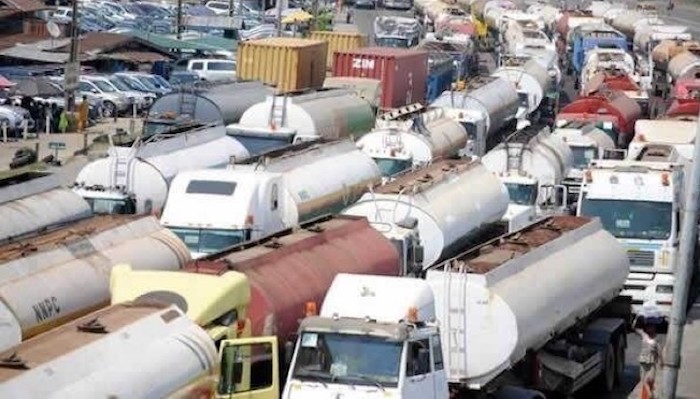The potential impact of the Dangote Petroleum Refinery and other domestic refineries on Nigeria’s fuel market has sparked a heated debate, particularly regarding the possibility of a ban on fuel importation. Independent petroleum marketers have expressed concerns that such a ban could lead to a significant increase in petrol prices, potentially reaching as high as N1,500 per litre, a substantial jump from the current price of around N890. They argue that importation serves as a crucial check on local refiners, preventing potential price gouging. They highlight that even modular refineries producing diesel currently sell at higher prices than imported diesel, suggesting that domestic refineries might not necessarily offer lower prices. These marketers advocate for continued importation to maintain a competitive market and ensure price stability.
Dangote Refinery officials, however, vehemently deny these projections, dismissing them as attempts by marketers to justify their continued importation of what they term “substandard” fuel. They assert that the refinery has ample capacity to meet domestic demand and even export to other countries. They contend that the marketers’ claims are unfounded and designed to protect their import business. This clash of perspectives underscores the high stakes involved in the transition to domestic refining and the potential economic ramifications for various stakeholders. Furthermore, Dangote Refinery’s legal action against the Nigerian Midstream and Downstream Petroleum Regulatory Authority (NMDPRA) and other industry players has heightened anxieties about the refinery’s intentions and the future of fuel importation.
The crux of the marketers’ argument revolves around the principle of market competition. They believe that allowing importation maintains a competitive landscape, forcing local refineries to keep prices in check. They warn that a monopoly or limited competition could empower domestic refiners to exploit consumers with inflated prices. They see importation as a vital safeguard against potential price manipulation. This perspective resonates with some industry observers who emphasize the importance of a diversified supply chain for national energy security. They argue that relying solely on domestic refineries could make Nigeria vulnerable to disruptions in local production.
In contrast, proponents of domestic refining, including Dangote Refinery officials, argue that local production offers several advantages, including reduced dependence on foreign sources, creation of local jobs, and potential for economic growth. They maintain that the refinery’s substantial capacity can adequately meet domestic demand, negating the need for importation. They suggest that the marketers’ concerns about price hikes are exaggerated and self-serving, aimed at protecting their existing import businesses. This pro-domestic refining stance is further bolstered by the argument that local refineries are subject to stricter quality control measures and contribute to the development of the national economy.
The debate is further complicated by the Petroleum Industry Act (PIA), which promotes an open market for all players. Critics of a potential import ban argue that it would violate the principles of the PIA and stifle competition. They emphasize the significant investments made by importers in obtaining licenses and developing infrastructure, questioning the fairness of restricting their business operations. They contend that the government should focus on supporting local refineries through incentives, financing, and tax waivers, rather than imposing import restrictions.
Adding another layer of complexity to the discussion is the naira-for-crude deal and the recent decline in global crude oil prices. Experts suggest that these factors could contribute to a significant reduction in fuel prices, potentially reaching as low as N350 per litre if crude prices fall to $50 per barrel. This raises questions about the timing and rationale of a potential import ban, particularly if market forces could naturally lead to lower prices. The debate also highlights the broader issue of government intervention in the petroleum sector and the potential implications for market dynamics.
Finally, concerns have been raised about the potential for a monopoly in the downstream sector if importation is banned, particularly with the Dangote Refinery’s substantial capacity. However, some analysts argue that such fears are premature, pointing to the fact that other refineries, including those operated by NNPC, could also contribute to domestic supply. They emphasize the need for a level playing field between importers and local refiners, taking into consideration the different cost structures and regulatory environments. They suggest that the government should focus on creating a fair and competitive market that benefits both domestic producers and consumers. This multifaceted debate underscores the complex interplay of economic, political, and regulatory factors shaping Nigeria’s petroleum sector.


